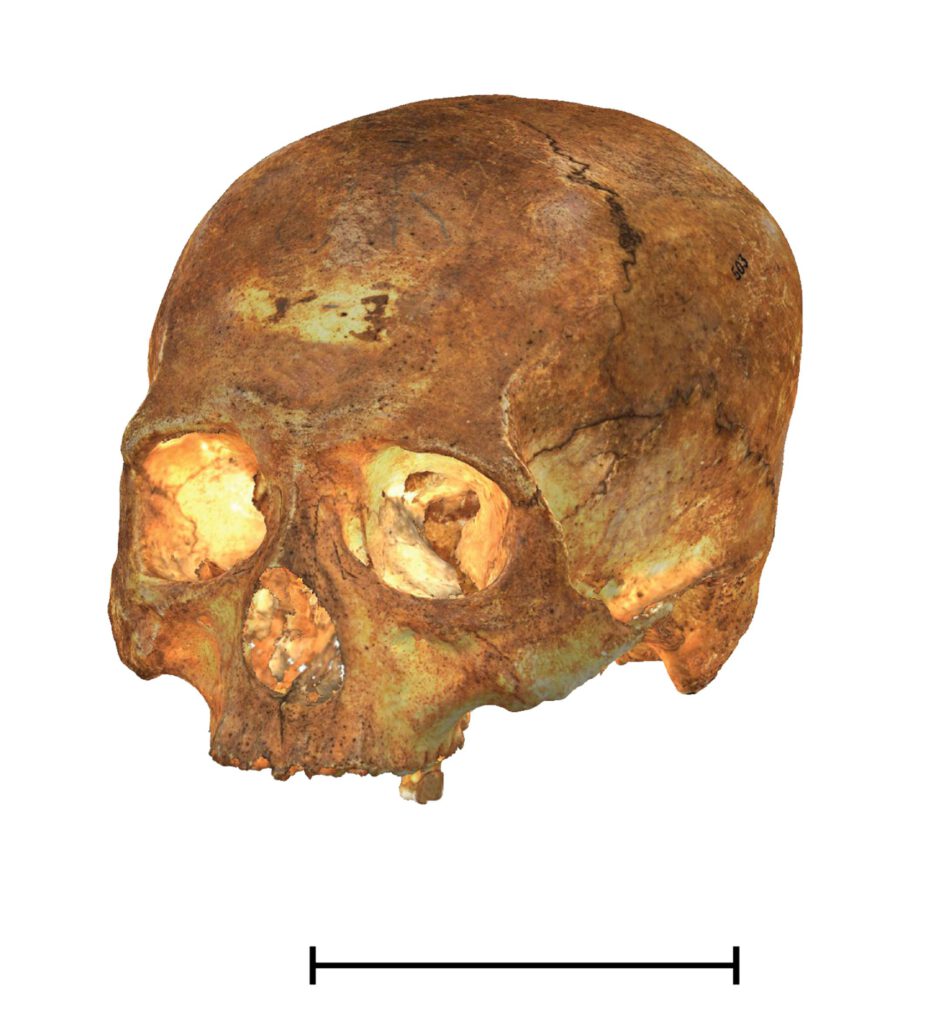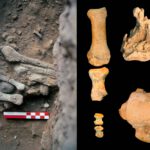Unprecedented 3D reconstruction of pre-Columbian crania from the Caribbean and South America

Alfonso Benito Calvo, head of the Digital Mapping and 3D Analysis Laboratory at the Centro Nacional de Investigación sobre la Evolución Humana (CENIEH) has participated in the 3D reconstructions of a representative selection of 13 pre-Columbian human crania specifically from Cuba and Peru, which are part of the osteological collection of the The Montané Anthropological Museum in Cuba.
The sample studied comprised crania with tabular oblique artificial deformation, annular deformation, and undeformed specimens. The 3D models generated were used to produce prints and 3D animated videos.
The deformed and undeformed crania were digitized with the Artec Space Spider structured blue light scanner, which created three-dimensional models based on the real samples. The resulting 3D models were used to produce 3D printed replicas and animated videos. “These 3D models of the Cuban pre-Columbian skulls have been made with microns precision,” says Alfonso Benito.
The 3D reconstruction of the crania will allow its precise systematic investigation and dissemination in different audiovisual media and online platforms, and they are also a perfect means to publicize the associated intangible resources, such as the experiences, rites and stories that surround these crania.
This study lead by Gizéh Rangel-de Lázaro (Natural History Museum in London and IPHES-URV) is published in the journal Virtual Archaeology Review, with the collaboration of researchers from CENIEH, University of Valladolid and The Montané Anthropological Museum in Cuba.


